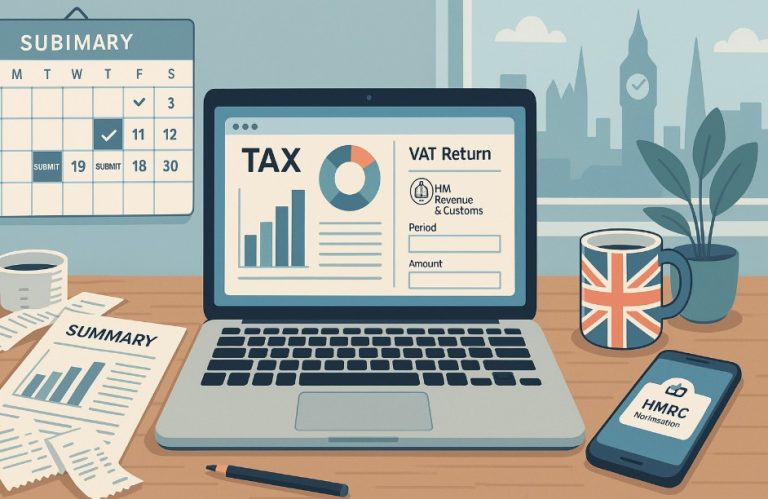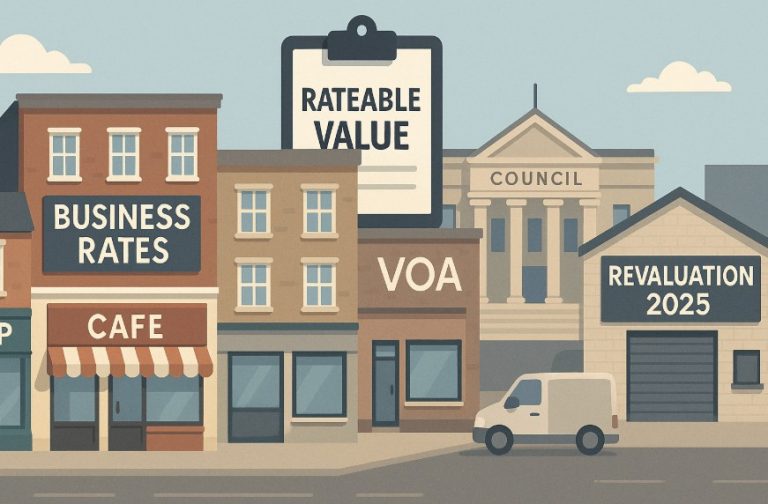Is the State Pension Changing in August 2025? A Groundbreaking Reform for UK Retirees
Are you planning to retire soon, or already receiving your state pension? Have you heard rumours about big changes in how pensions are paid in the UK?
If so, you’re not alone. With a substantial number of people approaching retirement age, speculation is swirling about a possible overhaul of the UK’s state pension system, one that could drastically change the retirement landscape for millions.
According to various online sources and industry chatter, from 1 August 2025, the UK Government might introduce a new flat-rate pension of £549 per week. Though no official confirmation has been issued by the Department for Work and Pensions (DWP), the reports are gaining traction among financial experts, media outlets, and soon-to-be retirees.
This article outlines what is being said, who may be affected if the changes materialise, and what potential implications lie ahead.
What Is the New £549 Weekly State Pension and Why Is It Being Introduced?

The reported plan suggests that a £549 per week flat-rate state pension could be introduced in August 2025, representing what some claim would be a historic restructuring of the UK’s state pension system.
If true, the move would replace the existing two-tier structure, comprising the basic and new state pensions with a unified flat payment, regardless of previous pension type.
Those speculating about this change say the government wants to simplify the pension framework, remove discrepancies based on age or gender, and create a fairer, more transparent system. Notably, this proposed payment would not be means-tested, and would instead rely solely on age, residency, and National Insurance (NI) contributions.
While these discussions are ongoing, it’s worth noting that no official statement has been made confirming the reform.
How Will the April 2025 State Pension Rise Compare to the New Flat Rate?
An official 4.1% increase to the state pension has been confirmed for April 2025, based on the Consumer Prices Index (CPI) from September 2024. This is standard practice.
However, what’s rumoured is that just a few months later, the government might implement a flat-rate increase to £549 per week, a jump significantly higher than what’s scheduled for April.
Here’s how the numbers would compare if the proposed change is implemented:
| Pension Type | April 2024 Weekly Rate | April 2025 Weekly Rate | From August 2025 |
| New State Pension | £221.20 | £230.25 | £549.00 |
| Basic State Pension | £169.50 | £176.45 | £549.00 |
Again, it’s important to stress that this August change has not been officially announced, and may still be under consideration or consultation.
Who Will Be Eligible for the £549 Per Week Pension?

If the rumours are to be believed, the eligibility criteria for this new pension model would be broad and inclusive.
Here’s what’s reported as the expected eligibility starting 1 August 2025:
-
Be aged 60 or older
-
Have at least 10 qualifying years of NI contributions
-
Have lived in the UK for at least 5 of the past 10 years
-
Possess a valid National Insurance number
Sources suggest that, unlike the current system, there would be no means testing, making the payment accessible to anyone meeting these basic conditions.
However, until the government makes an official announcement, these criteria remain unverified.
Will Current Pensioners Be Automatically Upgraded?
There’s considerable online speculation that those already receiving a state pension will be automatically upgraded to the new rate, provided they meet the age and contribution requirements.
It’s believed the DWP would carry out automatic assessments, drawing on existing pension and tax records, to transition eligible individuals to the new rate without requiring a fresh application.
That said, this process is not currently supported by any official DWP documentation, and remains part of the broader rumour mill.
How Can You Apply If You’re Not Already Receiving a Pension?

Reports suggest that individuals turning 60 on or after 1 August 2025, if this change goes ahead, would need to apply either online via the HMRC portal or by post through DWP services.
Here’s a speculative outline of the application process:
| Application Method | Access Point | Estimated Processing Time |
|---|---|---|
| Online | HMRC/National Insurance Portal | Up to 2 weeks |
| Paper-based | DWP helpline and post | Up to 4 weeks |
Required documents would likely include proof of age, NI number, residency documents, and a valid form of ID.
Again, until an official announcement is made, these are only suggested preparations, not confirmed requirements.
What Will Happen If You Have Gaps in Your NI Contributions?
Sources discussing the potential reform note that individuals with less than 10 years of NI contributions may still be eligible for a partial pension, with the option to top up by making voluntary NI payments.
This feature already exists in the current system and would likely continue, should the reform proceed.
If you’re concerned about gaps in your record, the GOV.UK website offers tools to view your NI history and make voluntary contributions. However, whether this process will change under the proposed model remains unclear.
How Will This Reform Be Funded by the UK Government?
With a potential annual cost of £50 billion, many are asking: how would this change be paid for?
It’s been suggested that funding could come from:
-
Reducing reliance on means-tested schemes like Pension Credit
-
Boosted NI contributions from older workers
-
Administrative efficiencies from merging pension schemes
But without official confirmation from HM Treasury or DWP, this remains speculative.
What Are the Broader Financial Implications of Retiring at 60?

Retiring at 60, under this alleged new system, could offer early financial relief but might reduce your overall lifetime pension income, especially if you live a long life.
Critics argue that it could also:
-
Halt workplace pension contributions
-
Reduce eligibility for tax reliefs on personal pensions
-
Affect eligibility for certain income-based benefits
These concerns are valid and should be considered, even if the £549 payment does become reality. Speaking to a financial adviser would be wise if you’re approaching retirement.
Will the New Pension Affect Other Benefits You Currently Receive?
There’s speculation that receiving £549 weekly may affect income-related benefits, including:
-
Pension Credit
-
Housing Benefit
-
Council Tax Reduction
The government may introduce transitional arrangements to soften the impact, but no formal policy has yet been released.
For now, anyone concerned should keep up to date with announcements on GOV.UK or consult their local council.
What Should You Do Now to Prepare for August 2025?
Even though this reform is unconfirmed, it’s still a good idea to:
-
Review your NI contribution history
-
Ensure your HMRC and DWP records are accurate
-
Prepare key documents such as proof of age and residency
-
Consider voluntary NI top-ups if your record is incomplete
Doing this will leave you prepared in case the policy is introduced, while also strengthening your position under the existing pension scheme.
READ NEXT:
- New Immigration Rules UK July 2025: Full Breakdown of Skilled Worker Visa Changes
- Reeves Considers Changes to Non-Dom Inheritance Tax Amid UK
- PIP Payment Reforms UK 2026 – What Are the Major Changes and How Will They Affect Claimants?
- DWP Fuel Allowance – What Pensioners in the UK Need to Know for 2025/26?
- How Much Does a Deliveroo Driver Make?







